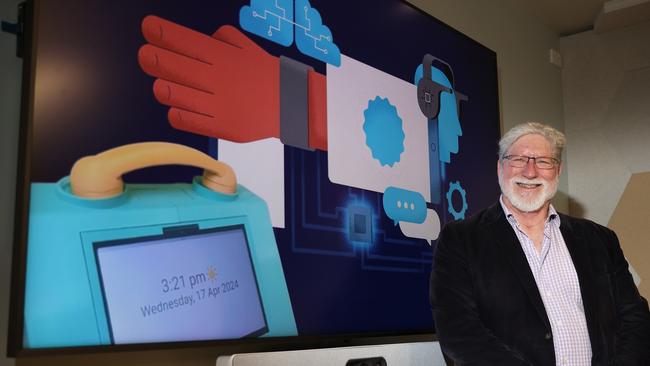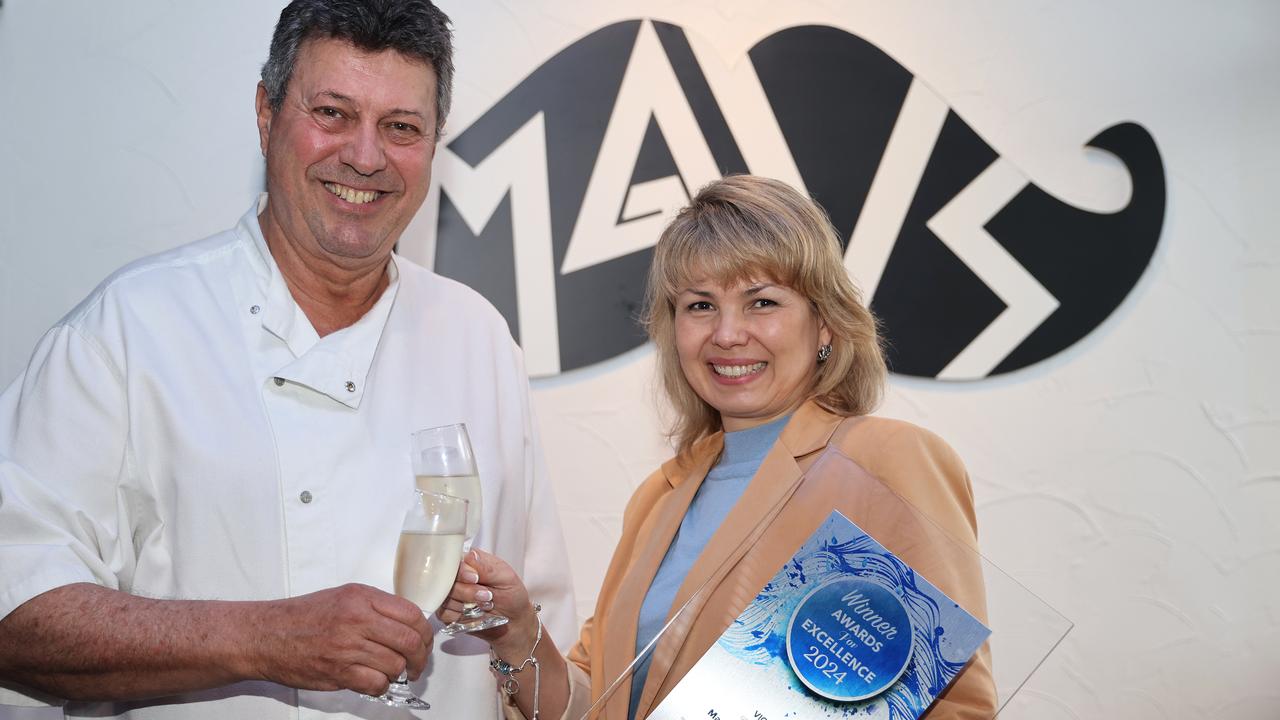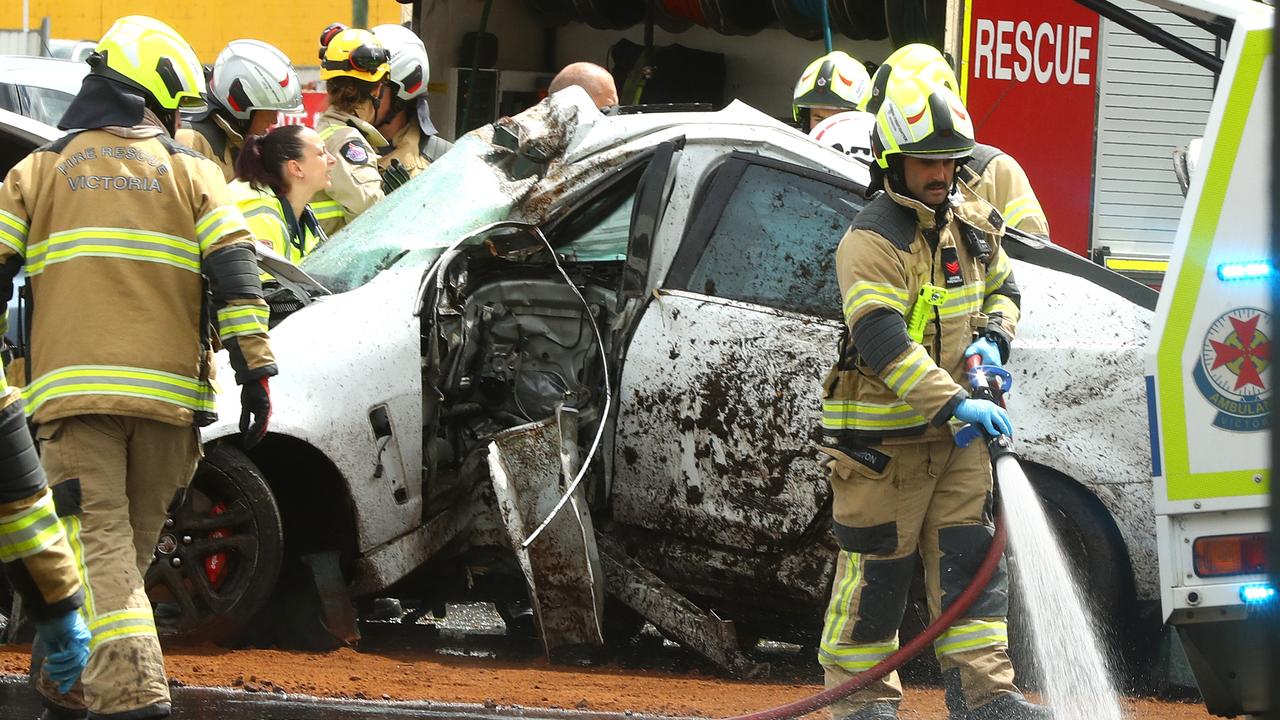Geelong invention MemoryAid to help keep dementia patients at home for longer
A new device created by a team of Geelong and Sydney researchers to help dementia patients remember daily tasks is in the running for an international award.

Geelong
Don't miss out on the headlines from Geelong. Followed categories will be added to My News.
Geelong researchers are at the forefront of a new technology device that will remind dementia patients of daily tasks, connect them to family and friends and help them stay at home longer.
A team from Deakin University and Western Sydney University developed the ‘MemoryAid’ device.
The device resembles a traditional telephone and has an electronic screen that makes video calls as easy as picking up the phone – the way it has always been done.
The screen can also display daily remainders for tasks and the phone has a voice recording, of a chosen voice – like a personalised Alexa or Siri – that can also share prompts of daily activities.
Head of major projects at Deakin University’s Applied AI Institute Dr Simon Parker said MemoryAid aimed to have a transformative impact for people living with dementia by actively enabling and supporting living at home independently for longer.
“The complexity in MemoryAid is invisible to the user, where the system is working hard to make it as easy as possible for people with dementia to achieve the things that are most important to them,” he said.
“We designed the interface and infrastructure that drives the user experience.”
Project lead Associate Professor Celia Harris from Western Sydney University’s MARCS Institute for Brain, Behaviour and Development said MemoryAid allowed people living with dementia to maintain their independence for as long as possible.
“We wanted to build a technology that is a tool for people with dementia to use themselves, to do the things they value the most and to stay connected to their loved ones,” she said.
Former psychologist, Bobby Redman, was diagnosed with frontotemporal dementia in 2016 and is now an advocate for people living with dementia.
She is part of the MemoryAid advisory panel and said personalisation would cater for different needs like memory issues or poor sequencing.
“This means that I may do things at the wrong time, in the wrong order, or could miss out steps in an activity or task,” she said.
“So, even though I use technology, and I live independently, I still need prompts.
“Having your own voice on there, or a recognisable voice, is useful.
“Sometimes, things like Siri or Alexa or Hey Google have a voice we don’t recognise, so we don’t necessarily respond.”
The device is among five technology solutions which are global finalists in the Longitude Prize on Dementia and was the only solution to progress from Australia.
The research team were awarded over $580,000 to develop their device and are in the race for a $1.9m first prize.
The final verdict will be handed down in 2026.
The content summaries were created with the assistance of AI technology, then edited and approved for publication by an editor.
Originally published as Geelong invention MemoryAid to help keep dementia patients at home for longer




